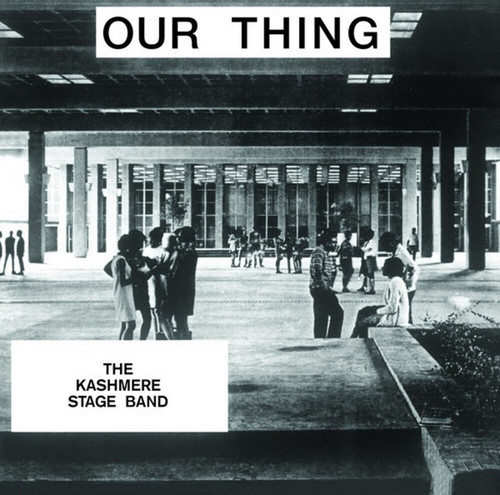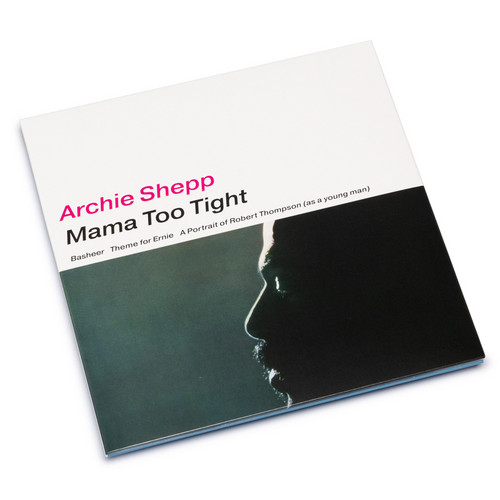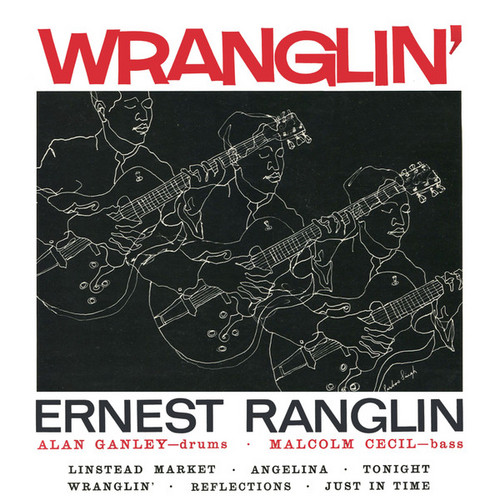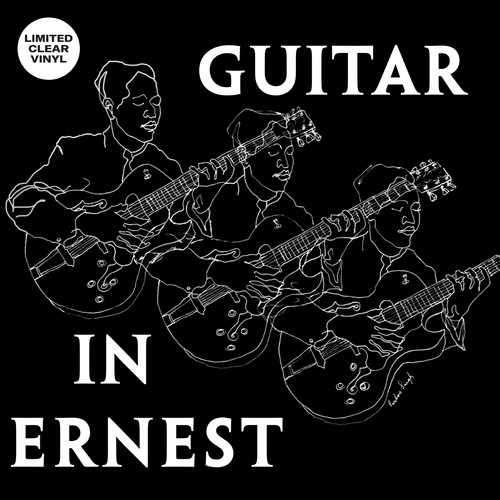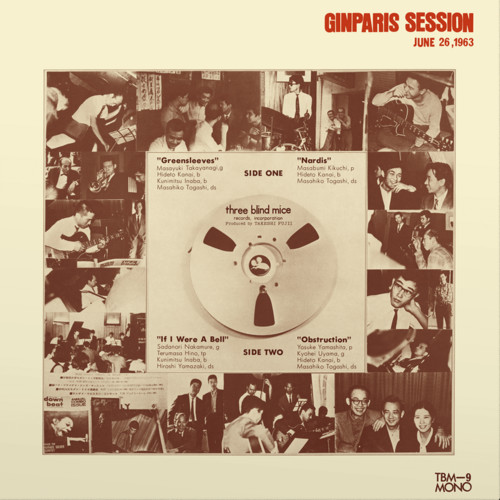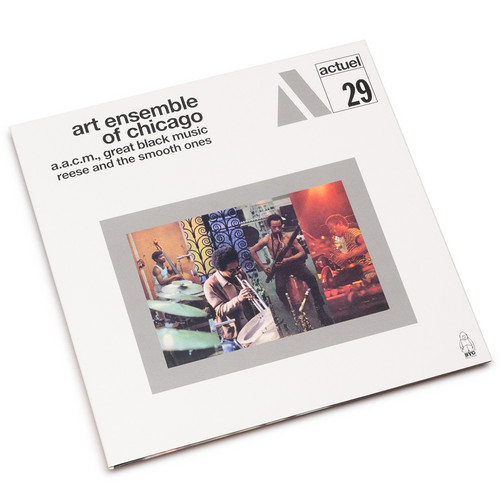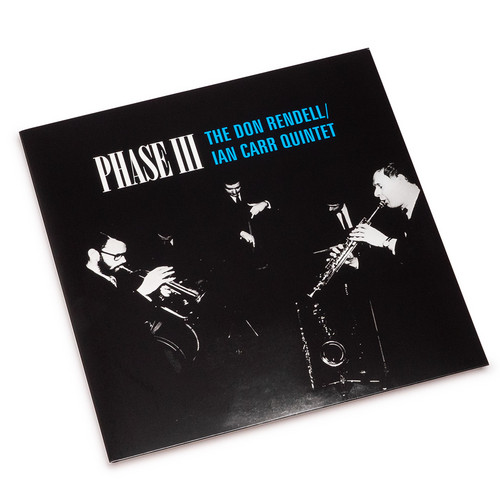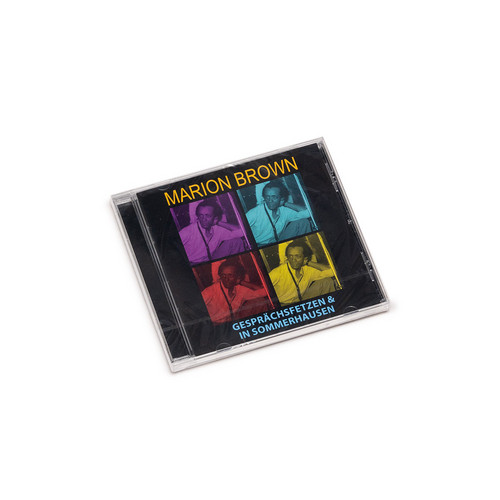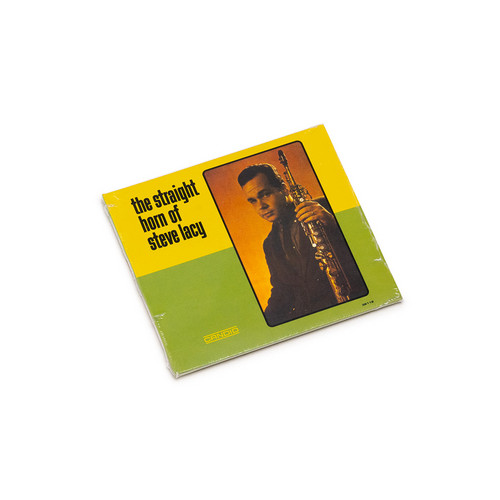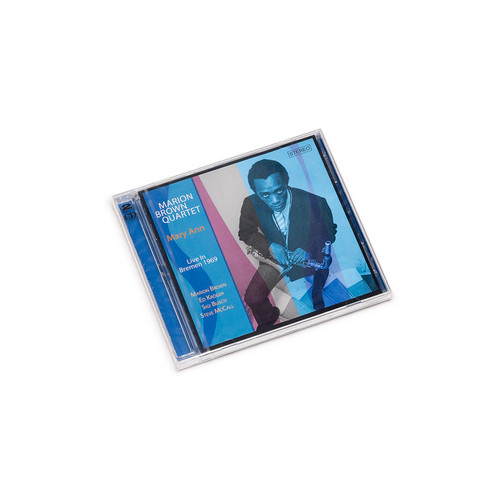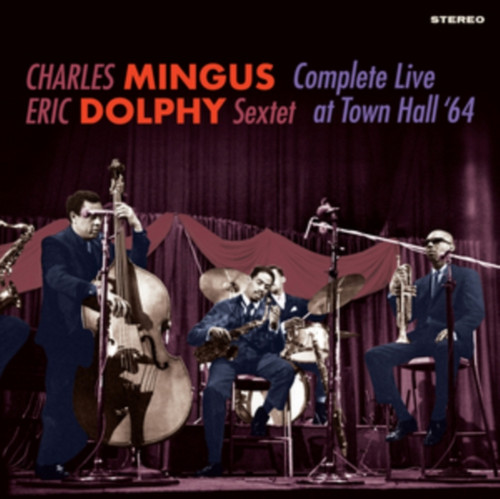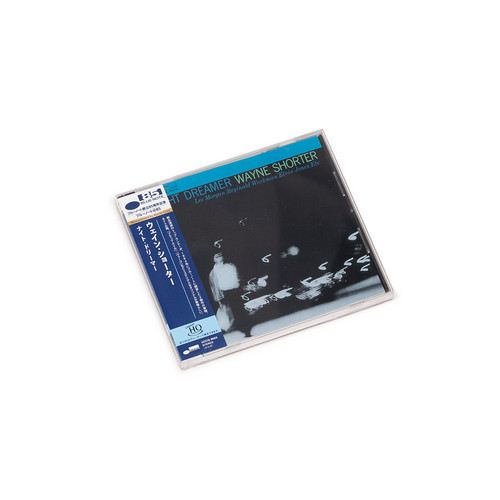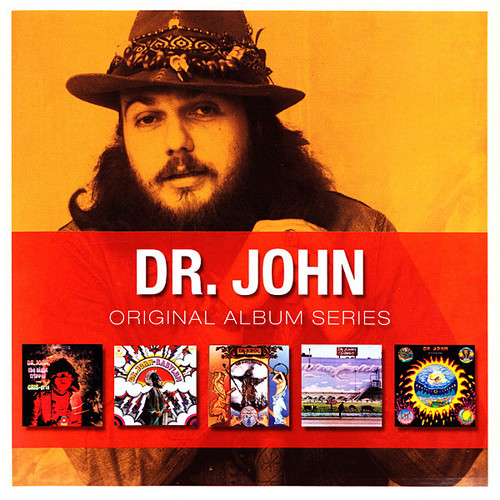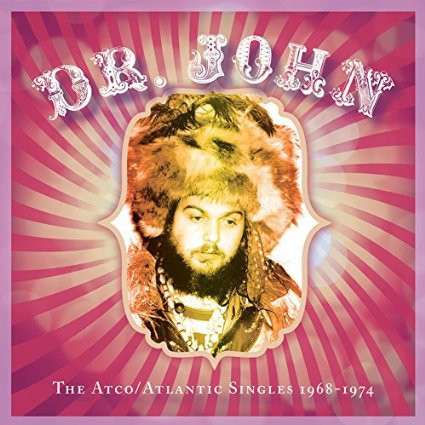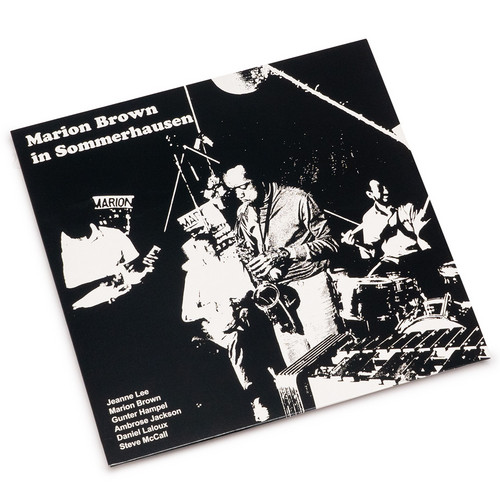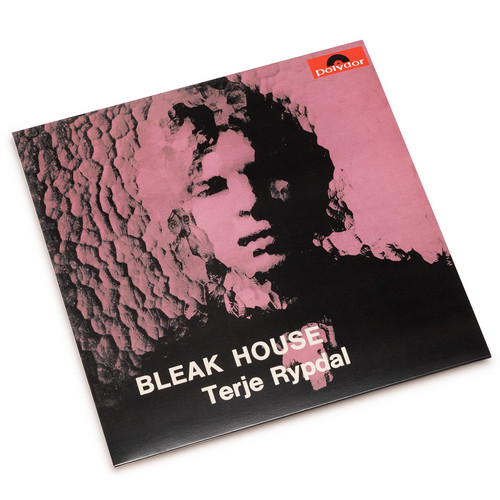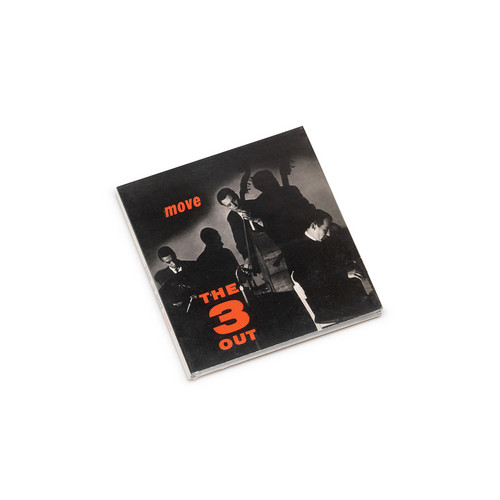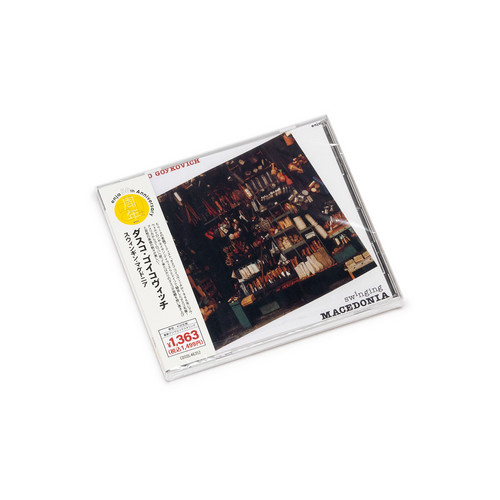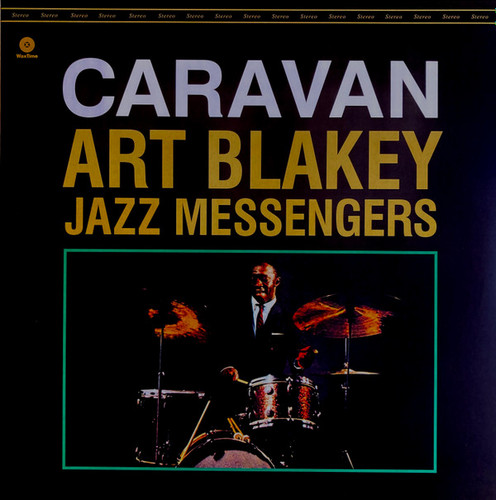Jazz /
Our Thing
From the halls of Kashmere High School to the discographies of funk aficionados worldwide, the Kashmere Stage Band’s debut album Our Thing, self-released in 1969, stands as a defining artifact of American funk. Born from a Texas student ensemble under the exacting direction of musical director Conrad O. Johnson, the band forged a sound steeped in raw, unfiltered groove and high-velocity horn work that would resonate for decades.
Our Thing captures the Kashmere Stage Band at a pivotal moment: a r…
Mama Too Tight
Originally released in 1967, Mama Too Tight stands as one of the most daring and structurally innovative albums from Archie Shepp, a pivotal figure in the free jazz movement and African-American cultural protest of the 1960s. Distinct from his more explosive works, this album showcases a refined compositional complexity, featuring avant-garde marching-band-style arrangements, masterful horn orchestrations, and a unique blend of humor and improvisational tension.
The title track, Mama Too Tight, …
Wranglin'
First released in 1964 under the expert production of Blackwell for Island Records, this remarkable album captures the essence of Jamaican soulful jazz through the extraordinary talent of Ernest Ranglin. As a pioneering guitarist and composer, Ranglin delivers an impeccable performance that blends the rich traditions of jazz with the vibrant rhythms of Jamaica.
Accompanied by a highly swinging rhythm section, featuring Malcolm Cecil on bass and Alan Ganley on drums, the album explores a captivat…
Guitar In Ernest
Born in 1932, Ernest Ranglin stands as one of the most influential session guitarists in the history of Jamaican music. His iconic playing features on countless recordings by legends such as Alton Ellis, Jimmy Cliff, Bunny Wailer, Max Romeo, the Skatalites, the Heptones, and the Congos, among many others.
Produced by Chris Blackwell and originally released in 1961 on Island Records, "Guitar in Ernest" showcases the sophisticated jazz side of Ranglin’s artistry. This exceptional album highlights …
Ginparis Session
For the better part of the 50s and 60s, Masayuki Takayanagi was among Japan's best-respected jazz guitarists. But it wasn't until his experiments with tabletop guitar led him down the seductive path of sonic experimentation that he became the stuff of legend. “Ginparis” (literally translated as Silver Paris) was known as the chanson cafe in Tokyo, Ginza, and the performances often centred around chansons but eventually became the session venue for young jazz musicians. They left their mark on a…
Reese and the Smooth Ones
Reese and the Smooth Ones was captured during the same revolutionary Paris session as Message to Our Folks, but stands apart as a two-part, 40-minute odyssey of unchained invention.
Phase III
Endless Happiness reissues the 1968 British jazz classic Phase III by The Don Rendell/Ian Carr Quintet, showcasing their creative peak and innovative spirit.
Gesprächsfetzen & In Sommerhausen
Alto saxophonist Marion Brown was an initially underrated hero of the jazz avant-garde. It was only after he moved from Atlanta to New York and joined John Coltrane that the public and the critics took notice of him.Dedicated to discovering the far-reaching possibilities of improvisational expression, Brown possessed a truly lyrical voice. In the early seventies, she played with Anthony Braxton, Andrew Cyrille, Bennie Maupin, Jeanne Lee, and Chick Corea, among others. On this recording he was ac…
The Straight Horn Of Steve Lacy
Some of soprano saxophonist Steve Lacy's most interesting recordings are his earliest ones. After spending periods of time playing with Dixieland groups and then with Cecil Taylor (which was quite a jump), Lacy made several recordings that displayed his love of Thelonious Monk's music plus his varied experiences. On this particular set, Lacy's soprano contrasts well with Charles Davis' baritone (they are backed by bassist John Ore and drummer Roy Haynes) on three of the most difficult Monk tunes…
Mary Ann (Live In Bremen 1969)
*2025 stock* A beautifully recorded session at Germany's Club Lila Eule for Radio Bremen from 1969 by the Marion Brown Quartet, his touring band at the time with AACM legendary drummer Steve McCall and German double bassist Siggi Busch and trombonist Ed Kröger, performing eight solid free jazz pieces including "Ode to Coltrane" and "Juba Lee"; a spectacular addition to Brown's discography.
Complete Live At Town Hall '64
Dolphy’s complete April 4, 1964 Town Hall concert, a wonderful set in splendid Stereo sound quality. This concert was the last they played before traveling to Europe, where Dolphy would die shortly after. This is the first time the whole performance appears on a single set. Two extended songs from the group’s concert in Amsterdam six days later have been added as a bonus.
Night Dreamer
“Night Dreamer is an album that finds Wayne Shorter in a state of transition as he was still rooted in the hard bop style that started his career, but also starting to lean toward the more abstract style that will serve for the greater part of his remaining career. It’s a talented, and somewhat unusual ensemble that Shorter has assembled here. McCoy Tyner and Elvin Jones, at that time, were mostly known for their famous work with Coltrane, but in 1964, when this album was recorded, Tyner and Jon…
Original Album Series
2025 stock Includes the albums "Gris-Gris," "Babylon," "The Sun Moon & Herbs," "Dr. Johns Gumbo" and "In The Right Place" by Dr. John.
The Atco/Atlantic Singles 1968-1974
2025 stock Dr. John has proven to be one of music’s foremost generalists, a primary-care cat whose practice extends back some 60 years. His expertise encompasses rock ’n’ roll, swamp pop, New Orleans, R&B, funk, jazz, and the Great American Songbook—and he’s made worthy contributions to recordings by the Stones, B.B. King, Van Morrison, Frank Zappa, Buddy Guy & Junior Wells, Buffalo Springfield, Gregg Allman, and others. The awards (six Grammys and counting) and accolades long ago validated the …
Marion Brown In Sommerhausen
Alto saxophonist Marion Brown was an initially underrated hero of the jazz avant-garde. It was only after he moved from Atlanta to New York and joined John Coltrane that audiences and critics took notice. Dedicated to discovering the far-reaching possibilities of improvisational expression, Brown possessed a truly lyrical voice. In the early seventies, he played with Anthony Braxton, Andrew Cyrille, Bennie Maupin, Jeanne Lee, and Chick Corea, among others. On this recording he was accompanied by…
Bleak House
The 1968 debut album from Norwegian guitar legend Terje Rypdal stands as a significant entry in the late 1960s jazz landscape, exemplifying the transition from psychedelic rock to a more intricate, freeform blend of jazz elements. Collaborating with legendary musicians like Jan Garbarek, Rypdal's work on this album showcases his innovative talent.
Recorded during three sessions in Oslo in 1968, Bleak House marks Rypdal’s departure from the psychedelic group The Dream as he ventured into new musi…
Ornette!
Ornette! is the seventh album by Ornette Coleman as a bandleader and the second credited to his quartet (following This Is Our Music). Though considered one of his early works, by the time it was recorded on 31st January 1961, Coleman was already an established jazz legend. His reputation had been cemented by the release of ground-breaking albums such as The Shape of Jazz to Come and Free Jazz.
These two albums embody the central, seemingly contrasting, elements of Coleman's early career: a meti…
Move
Jazz in Australia at its best with incredible sessions from autumn 1960 – three masters with unbelievable musical control and understanding. This album was recorded at the El Rocco club six weeks after the group was formed, and the boys claim they were only just becoming accustomed to one another’s playing. In all, they cut thirty different titles in two 3-hour sessions, all of which were one take only. This in itself is incredible as the resulting takes never fall below top-level
Swinging Macedonia
"Mal Waldron's piano, exotic ensemble and sweltering pets. This is the definitive melancholy jazz album! Long-awaited reissue at mid-price of this masterpiece from the peak of Balkan treasure Dusko Goykovich's career! This is an unquestionably treasured album full of great songs and performances, including Nicolas Conte's cover of 1 and 9 from "Tatsuo Sunaga's Night Jazz", and it has been restored in its original German Philips jacket!
It is no exaggeration to say that "Swingin' Macedonia" is th…
Caravan
Orrin Keepnews produced Art Blakey's 1963 debut for Riverside Records, a hard-bop triumph featuring an all-aces band: Curtis Fuller, Freddie Hubbard, Wayne Shorter, Cedar Walton and Reggie Workman. Blakey drives them with power and passion as they play Caravan: Sweet 'n' Sour: In the Wee Small Hours of the Morning: This Is for Albert: Skylark, and Thermo. Back on vinyl again!
